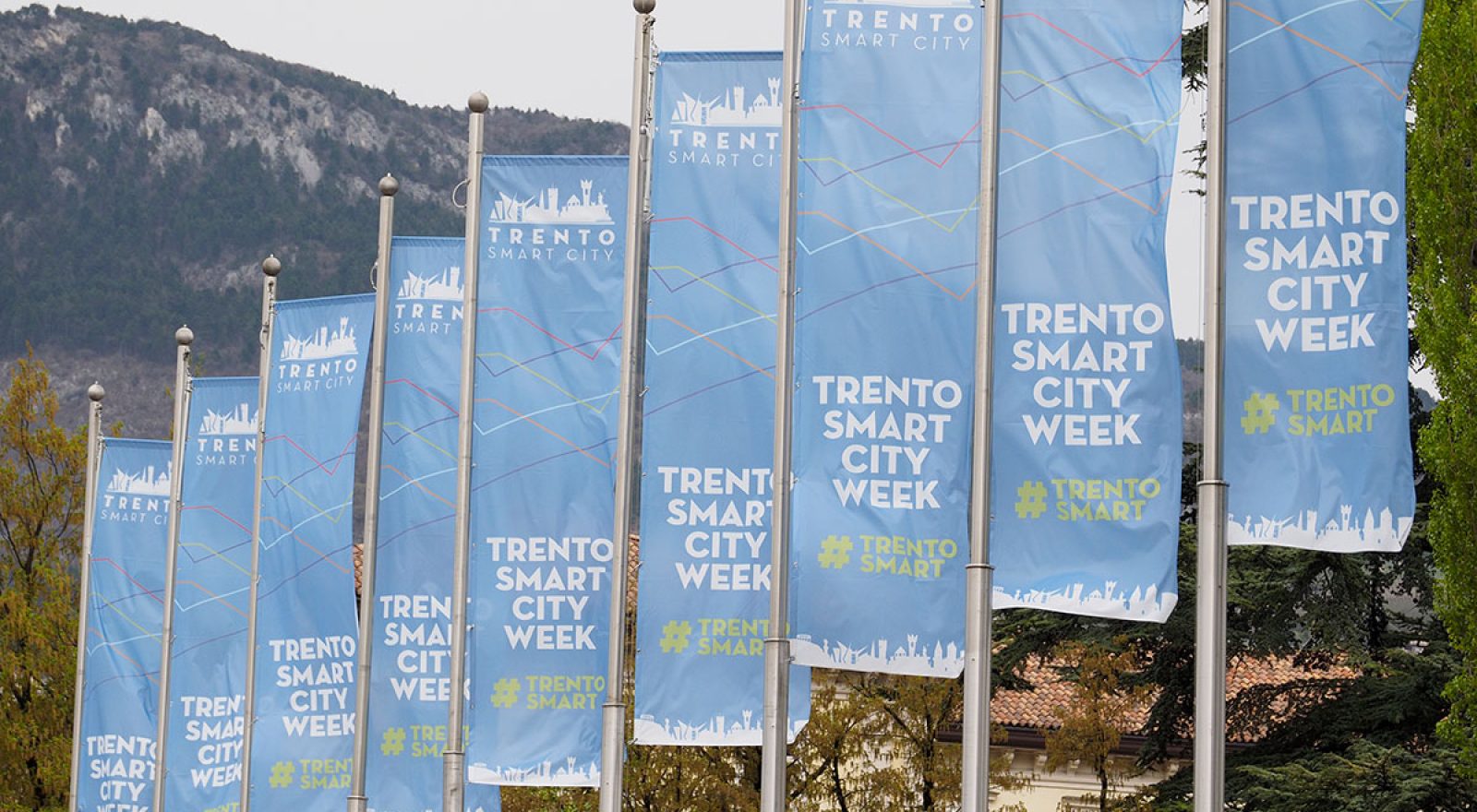Smart cities, innovation in the city to increase services and quality of life

Using the word smart city we mean a city capable of exploiting the opportunities offered by information and communication technologies, to increase prosperity and local competitiveness. It represents a set of urban planning strategies aimed at optimizing and innovating public services to relate the infrastructures of the cities and those who live in them through new technologies to improve the quality of life and satisfy the needs of citizens, businesses and institutions. A city can be defined as intelligent when investments in infrastructure and communication ensure sustainable development and high quality of life. The term smart indicates the ability to solve the problems of a community and is linked to the use of the most innovative technologies to solve them. Networks consisting of sensors and wireless IoT devices represent a fundamental technology for the development of smart cities. The possibility of using sensors of this type allows the measurement of many parameters that allow efficient management of the city. The data generated by the sensors can be made available to both citizens and competent authorities so as to allow monitoring of the concentration of pollution in every street of the city or to define alerts in the event of significant changes in the parameters monitored, optimize the irrigation of parks or city lighting, detecting water leaks or obtaining noise maps. Garbage cans can send an alarm when they are close to being full. Other application examples may derive from traffic monitoring to modify city lights dynamically, or to reduce traffic jams by identifying the nearest parking areas, thus improving the well-being of those who live in the city. Moreover, the communication services between sensors and online databases allow the registration and connection of the devices to convey the data in an online database for their storage and to build applications based on such data. These platforms simplify the analysis of different data ranging from energy and environmental data to the collection of data on transport services. This makes it possible to identify trends that derive from the analysis and processing of historical data extracted from the archives created.

One example of smart cities in Italy is Trento, from the "Trento Smart City" project it is possible to observe how this aims to concretely realize all that concerns smart cities, without changing the history and the dimension of the city. Within the project's website, it is emphasized that the goal is to use technology in all of its forms (from sensors and the Internet of Things to networks - from information technology to big data and artificial intelligence) but make it as "transparent" as possible, using it to improve the services that are already provided or to provide new e simple essential value-added services.
Discover More
Discover how to apply the IoT to simplfy and innovate your business with this module.